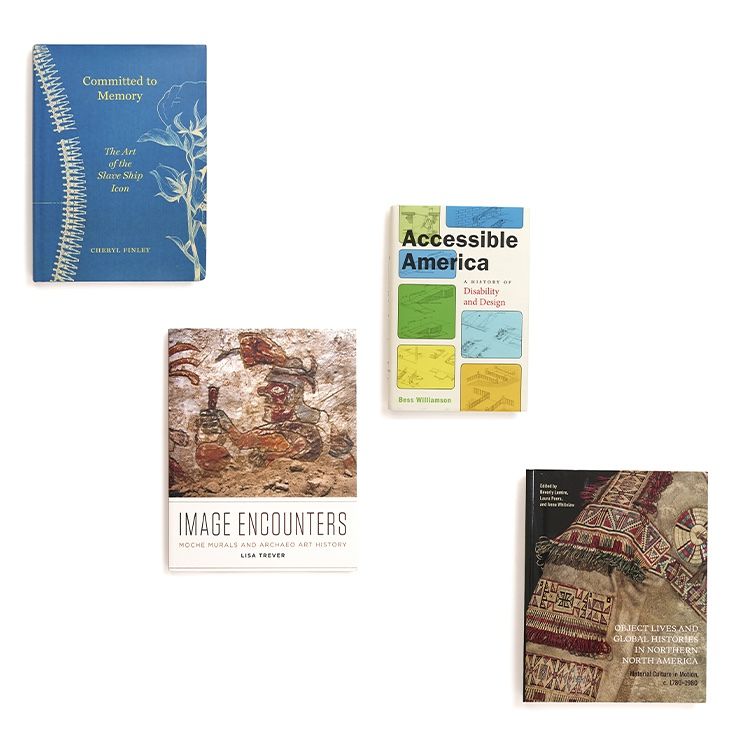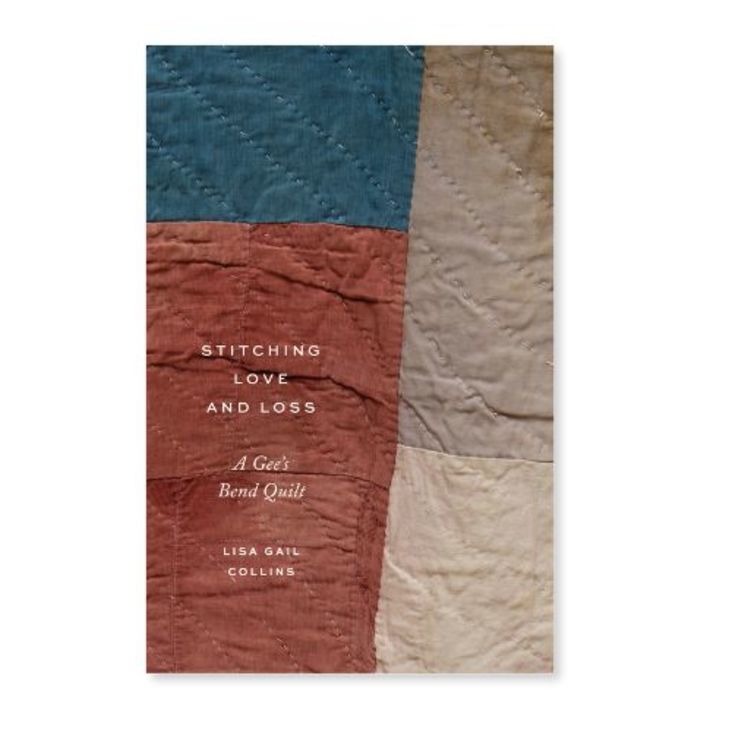Ann-Sophie Lehmann spoke at the Seminar in Museum Conversations on Tuesday, November 2, at 5:00 pm. Her talk is entitled “Object Biography: The Life of a Concept.”
The object biography has gained popularity in art history, material culture studies, archaeology, history, conservation and restoration, and museum studies. As a concept, the biography creates attention for the individual trajectories of objects and how these change over time; it enables the connection of different approaches, usually dealt with by sub-disciplines (i.e. research into making, provenance, exhibition history, conservation, reception); it offers entry points even if no information is available and encourages interdisciplinarity as objects straddle many fields. Finally, the object biography stimulates new forms of writing because it lends the object a voice and foregrounds narrative.
But the concept’s anthropocentric foundations also raise questions. To have a ‘biography’ implies biological and mental development, which objects typically do not have. Are young objects less settled and do objects grow wiser the older they get? Metaphors of birth, maturing, and death might cover up exclusively thing-specific characteristics. Likewise, the proposed ‘life’ implies agency, but do objects really speak for themselves? Who actually tells their story, and would objects be better if we used concepts such as itineraries or necrographies to capture their histories?
This talk presents a brief history and theory of the concept of the object-biography, from its literary and didactic origins in the eighteenth-century to its recent critics, asking what the concept can help us see, which we otherwise would not.
Ann-Sophie Lehmann is chair of art history & material culture at the University of Groningen. She recently published Lessons in Art. Art, Education, and Modes of Instruction, ed. with E. Jorink & B. Ramakers, Leiden 2019. For an overview of her publications and activities, see https://www.rug.nl/staff/a.s.lehmann/.













